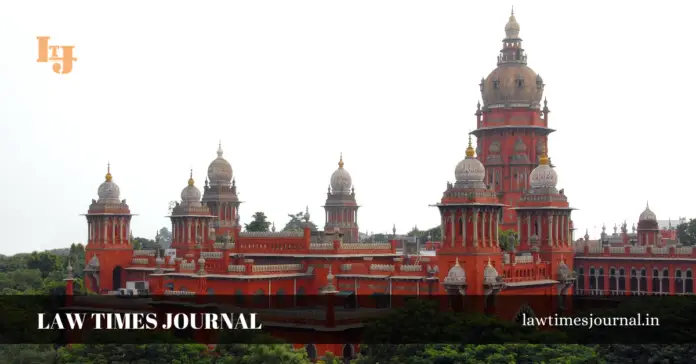
The person is not convinced with the complaint, he is having the right to present a Protest Petition which will be treated as a complaint under Section 190 of the Criminal Procedure Code, 1973. The complainant filed the same as he was not given notice of the acceptance of the Police Rport and the cognizance of the case based on the Police Report. The Hon’ble Madras HC allowed the protest petition. The Hon’ble Apex Court in the Special Leave upheld the order of the Madras HC and held that the magistrate can hear both the protest petition and the petitioners.
What will be the complainant do if he is not satisfied with the complaint which is filed in the concerned court based on the police report? Does he have the opportunity to move the petition against the complaint filed on the police report?
In such circumstances, the petitioner may file the protest petition under the criminal law either through the Indian penal code or criminal procedure code or evidence act or any other act. The petition is filed to challenge the complaint on the police report and said to be a protest petition. The petition will be treated as the complaint under section 190 of the criminal procedure code before the concerned court.
Brief facts:
The petitioner (the respondents in the Present case) who filed the protest petition is alleged to be creating false and forged documents for the purpose of grabbing the complainant land and the same is not mentioned in the final report by the police. No notice has been served to the complainant for accepting the final report by police and at the same time, the magistrate took the cognizance on the matter.
The complainant submitted that it is mandatory to serve the notice to the victim before submission of the final report to the magistrate of the concerned court. The magistrate has dropped on the case while stating that there is no sufficient ground to hear the matter based on the final report by police. The petitioner has the right to file the protest petition.
Key Features:
- Before submission of the final report by the police to the concerned court, the notice must be served to the complainant for accepting the final report of the police.
- The magistrate has decided not to take cognizance of the matter as there is no sufficient ground to entertain the case based on police final report, then the complainant must have provided with the notice and an opportunity to be heard.
Order:
The Supreme court held that there is no ground to interfere in the order of directing the magistrate to hear the protest petition of the complainant. The concerned magistrate will hear the petitioners and also the protest petition of the complainant and takes the decision. The special leave petition filed by the petitioners of this case has been dismissed.
Edited by Pragash Boopal
Approved & Published – Sakshi Raje








